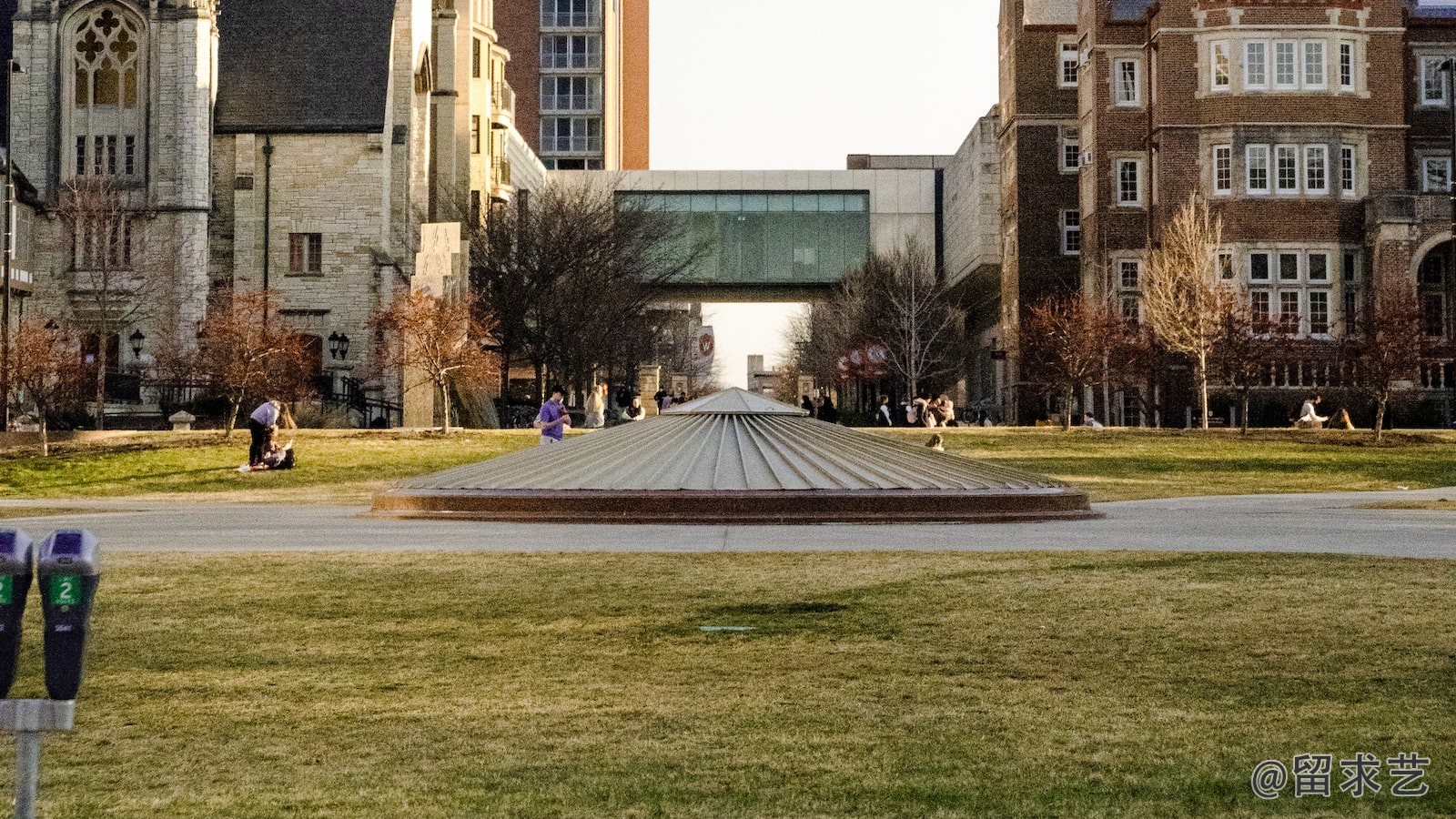很多同学都不知道UKiset考试该如何备考,尤其是UKiset考试的阅读部分,更是需要格外重视,尤其是提升词汇量、语法水平等。而在日常阅读文章的时候,我们难免会遇到生词和不认识的词组,这个时候我们应该怎么处理呢?
一:类属法
如:Bananas,oranges, pineapples, coconuts and some other kinds of fruit grow in warm areas.
说明:从句意我们知道pineapples 和coconuts 与bananas, oranges是同类事物,同属水果(准确地说是“菠萝”和“椰子”)。
二:推理法
即根据文章的前后语境推出生词的词义。如:Thatmuseum is so immense that it will be impossible to see all the exhibitsin oneday.
说明:既然一天之内看不完所有的展品,那么immense 的意思应该是“很大”了。
Everyoneagreed that the woman in the photo was gorgeous. It was easy to see why she hadwon the beauty contest.
说明:既然“她在选美比赛中获胜”,说明她“很美丽”(gorgeous)。
三:列举法
即通过对文章所列举的事物来猜测生词的词义。如:Childrenlike such creatures as dogs and monkeys.
说明:像 dogs 和 monkeys 之类的“creatures”,显然creatures的意思应是“动物”。
In yourspare time, you may look through any of these periodicals: Time Magazine, NewsWeek, or The New Worker.
说明:periodical是生词,但根据其后所列举的例子,我们可以推测出它的意思可能是“期刊”或“杂志”。
四:构词法
即根据前缀、后缀、复合、派生等构词知识判断生词的词义。如:Overworkmaycause diseases.
说明:前缀 over- 的意思是“过分的,过量的”,故 overwork的意思应为“工作过度”。
Therewas a dissatisfied look in the manager’s eyes.
说明:satisfied的意思是“满意的”,前缀 dis- 的意思是“不”,故dissatisfied 的意思应该是“不满意的”。
五:对比法
即根据文章前后的对比关系确定生词的词义。如:He hadbeen getting better, but during the night his condition deteriorated .
说明:句中的 but 表明deteriorate 应该与get better 的意思相反,即“恶化”。
In manycountries there are two financial extremes, from penury to great wealth.
说明:上文说两个经济上的极端,那么下文中penury 应与great wealth相对,即表示“贫困”。
Mrs.Smith is loquacious while her husband is the silent type.
说明:while 表对比,意为“而”,所以loquacious 应是silent 的反义,即“多嘴的”。
If youagree, draw a circle; and a cross if you dissent.
说明:既然画圈表示同意,那么画叉便是“不同意”(dissent)。
六:同位法
同位语是对所修饰词语的进一步说明和解释,若对所修饰的词语不熟悉,可通过其后同位语的“说明或解释”来确定其词义。如:Hisfather is an expert in phonetics, the study of the sounds of language.
说明:同位语 thestudy of the sounds of language 表示 phonetics 的意思应该是“语音学”。
Jean wasborn with spina bifida, a birth illness that damages the spine(脊骨).
说明:同位语 a birthillness that damages the spine 表明了spinabifida 是一种病,一种对脊骨有损害的病。
关于UKiset阅读考试生词应对方法就为大家介绍到这里了,如果还想了解更多关于UKiset英国官网、UKiset考试题目的信息,可以在线咨询我们或添加客服微信KesWish











